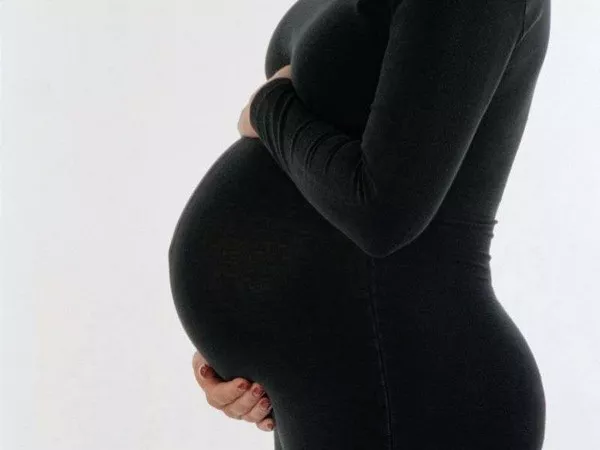The urgency to address the alarming crisis surrounding Black pregnancies in the United States is growing, as shocking statistics highlight the disproportionate risks faced by Black mothers and their infants. The tragic experiences of women like Tonjanic Hill underscore the urgent need for systemic change in healthcare practices and policies.
Tonjanic Hill’s story resonates with the struggles many Black mothers face during their pregnancies. Despite her history of uterine fibroids, Hill remained hopeful when she learned of her pregnancy in 2017. However, just weeks later, she experienced a devastating miscarriage due to inadequate medical attention. Her traumatic experience reflects a broader problem affecting Black women across the country.
In regions like Harris County, which includes Houston, Black women face an uphill battle in carrying their pregnancies to full term. Disturbingly, their infants are twice as likely to die before their first birthday compared to infants from other racial groups. The disparity in maternal and infant outcomes is deeply rooted in systemic failures that contribute to the persistently high Black maternal mortality rates.
Barbie Robinson, the executive director of Harris County Public Health, emphasizes that the crisis is preventable. Robinson highlights the dire situation faced by Black moms and babies and the urgent need for addressing the lack of access to quality care.
Despite the abundance of healthcare providers in areas like Harris County, many pregnant Black patients struggle to find timely, culturally competent care. Regardless of their socioeconomic status, Black women often encounter dismissive attitudes from medical professionals, resulting in inadequate care. This systemic bias has severe consequences, leading to adverse health outcomes for both mothers and infants.
Black maternal and infant deaths are not due to genetic factors; they are outcomes of systemic racial disparities. Studies show that the chronic stress caused by persistent systemic racism leads to negative health impacts for Black women and their babies. This phenomenon is observed even in regions with seemingly robust healthcare resources.
Efforts to combat these alarming mortality rates include initiatives such as Harris County’s maternal child and health office, which launched a home-visit pilot program connecting prenatal and postpartum patients with crucial resources. This program aims to address barriers such as limited access to healthy food, housing assistance, and social services that contribute to poor pregnancy outcomes.
Lack of insurance coverage also exacerbates the crisis. Pregnant individuals without insurance often avoid seeking care, missing essential early prenatal visits. Texas, with its high uninsured rate, particularly among Black individuals, faces immense challenges in ensuring adequate prenatal care.
Tonjanic Hill’s personal journey reflects both the failures and potential solutions. While her miscarriage exposed the systemic issues affecting Black pregnancies, her subsequent pregnancy, supported by Medicaid coverage and specialized care, resulted in the successful birth of her twins. This shift demonstrates that appropriate support and accessible healthcare can yield positive outcomes.
As the urgent need to address the Black maternal health crisis becomes evident, advocacy for policy changes, expanded insurance coverage, and culturally competent care is crucial. The disparity in maternal and infant outcomes is a pressing issue that requires immediate attention to ensure the well-being and safety of Black mothers and their babies.


